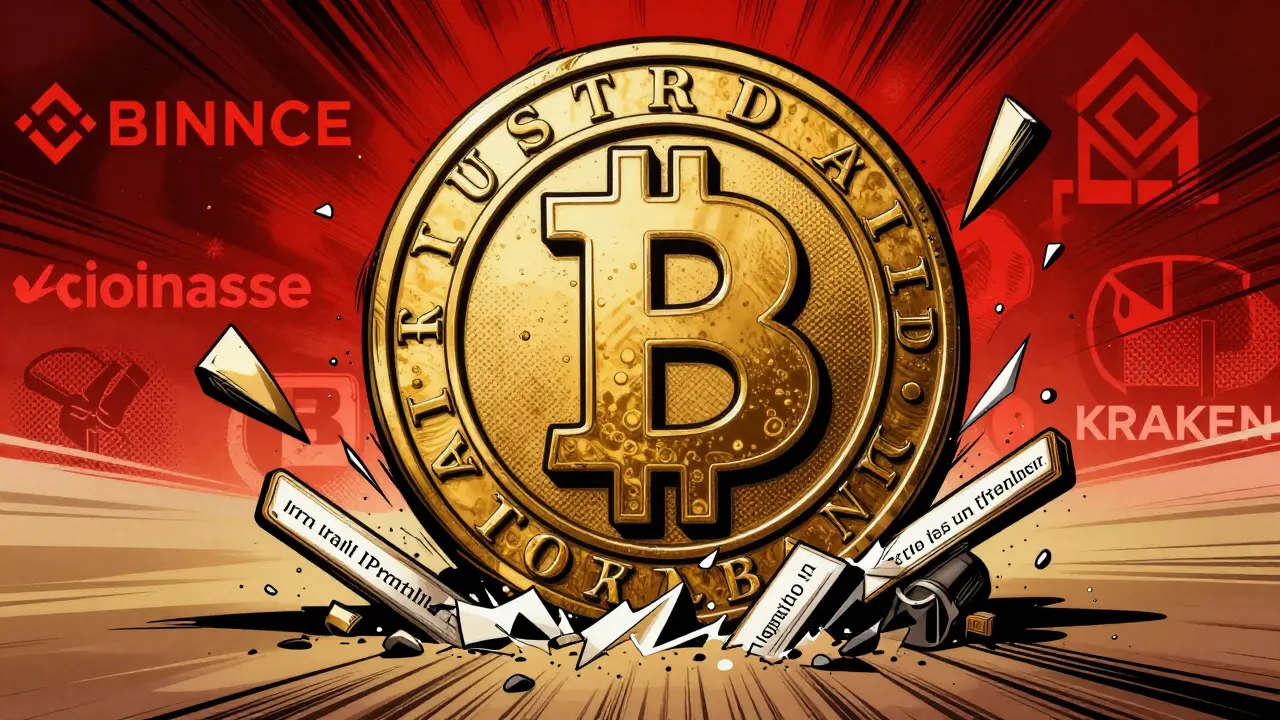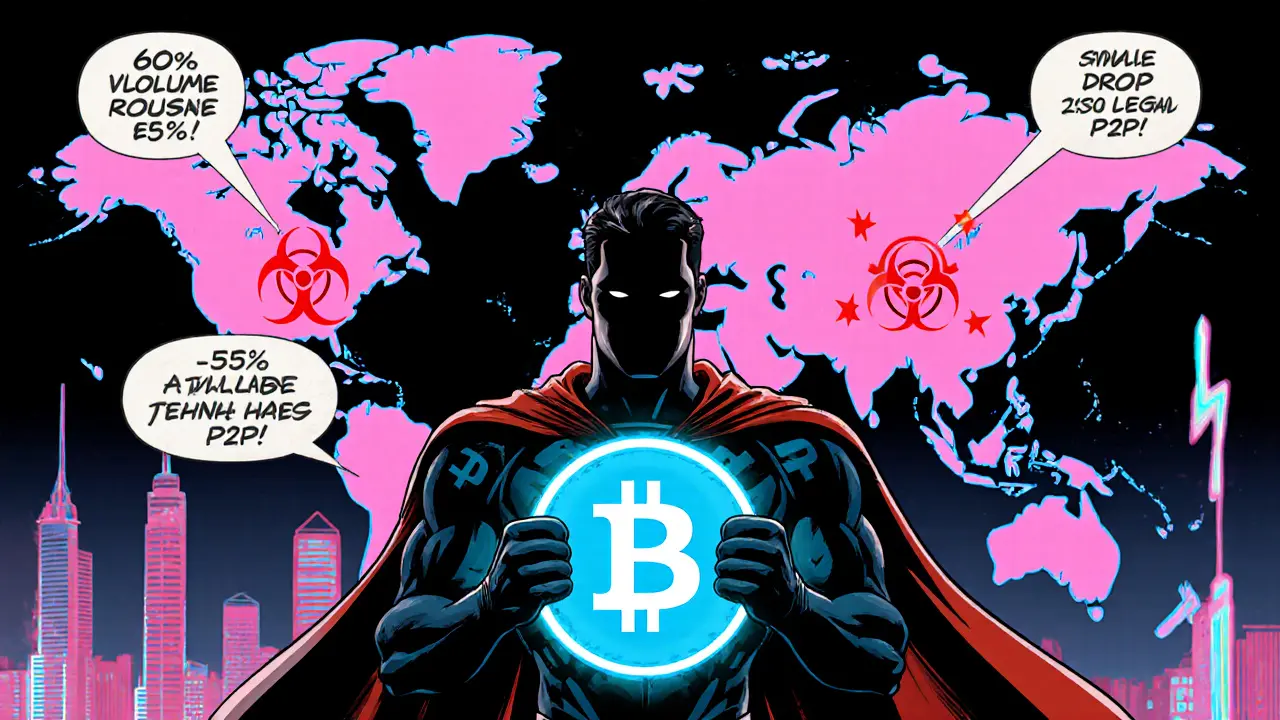OFAC Sanctions and Crypto: A Practical Overview
When dealing with OFAC sanctions, a set of trade and financial restrictions issued by the U.S. government to block illicit activity. Also known as Office of Foreign Assets Control measures, they are enforced by the United States Treasury, which uses the sanctions list to freeze assets, prohibit transactions, and punish evasion. AML compliance programs on crypto platforms are built specifically to match these lists, screen users, and generate reports. In short, OFAC sanctions encompass any activity that violates the Treasury’s directives, require crypto services to filter addresses, and compel firms to maintain up‑to‑date watchlists. This means that every token transfer, exchange deposit, or DeFi interaction could be flagged if it involves a sanctioned party, making real‑time monitoring a must‑have capability.
Crypto exchanges are the front line of enforcement. When an exchange integrates crypto exchanges with sanctions screening tools, it can block prohibited wallets before a trade happens, thereby reducing the risk of heavy fines. Blockchain analytics firms feed address reputation data into these tools, turning raw transaction graphs into actionable alerts. The relationship is clear: OFAC sanctions require AML compliance, AML compliance relies on blockchain analytics, and blockchain analytics empower crypto exchanges to stay within the law. This chain of responsibility also extends to wallet providers and DeFi protocols, which must adopt similar checks or face enforcement actions from the Treasury.
Key Areas to Watch
Anyone involved in crypto should keep an eye on sanctions evasion tactics, such as layering transactions through mixers or using privacy coins to hide source funds. Staying compliant means regularly updating watchlists, training staff on new Treasury announcements, and running periodic audits of transaction histories. The posts below dive into specific use‑cases—like how VPN use in restricted regions can trigger AML alerts, or how mining difficulty adjustments affect network security under sanction pressures—offering concrete steps to protect your assets while respecting OFAC sanctions. Explore the articles to see practical guidance, real‑world examples, and tools you can start using today.

OFAC Sanctions and Iranian Crypto Access to Exchanges: How Restrictions Block and Bypass Digital Finance
OFAC sanctions have blocked Iranian users from major crypto exchanges by freezing wallets and forcing compliance. Iranians now use P2P platforms, DEXs, and privacy coins to bypass restrictions-while new exchanges like Grinex emerge to fill the gap.
January 2 2026
P2P Crypto Trading Volumes in Restricted Countries - 2025 Data
Explore how sanctions, exchange policies, and local laws shape P2P crypto trading volumes in restricted countries, with data, trends, and future outlook for 2025.
August 2 2025